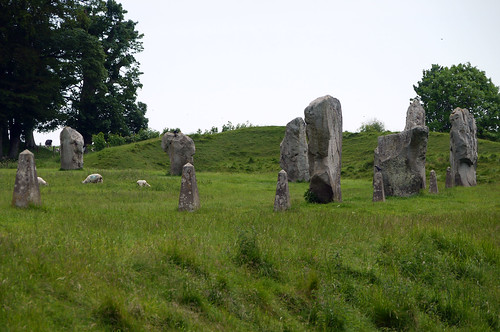The Tudors
 The Tudors by Geoffrey Christopher Morris
The Tudors by Geoffrey Christopher Morris
My rating: 2 of 5 stars
There is a chapter on each of the Tudor monarchs of England, a dynasty that lasted from 1485-1603. Each chapter deals with the character and relationships of the particular ruler, derived from contemporary sources.
One of the most interesting of these sources was Edward VI’s diary. He came to the throne at the age of 9, and died before he was 16, and was one of the earliest English diarists.
The biggest problem I had with the book is that it assumed the knowledge one expects to gain from such a book. It is not really a history, or even a series of biographies, but a series of character sketches of the reigning monarchs. It is therefore best to be familiar with the history before reading this book.
For example, it says that Henry VII, the first of the Tudor monarchs, came to the throne not so much because of a hereditary claim, because his claim was weaker than that of some other candidates, but because he won the Battle of Bosworth. It does not, however, explain what his hereditary claim was, not even in the genealogical tables at the end of the book, or who the other claimants were. Nor does it explain the Battle of Bosworth, who the combatants were, or what they were fighting for, other than the throne of England.
I knew some parts of the history, having studied Church History at an English university, though that was 50 years ago. The period was that of the English Reformation, and the character sketches of the monarchs throw some light upon that, but this book is best read after reading a more general history of the period. Or else be prepared to interrupt your reading by Googling such things as the Battle of Bosworth.
The Background section of the Wikipedia article is the kind of introduction that should have been included in this book, but wasn’t. The lack is all the more remarkable since, when the book was first published, neither Wikipedia, nor Google, nor the Internet itself would have been available.
And since Wikipedia is now available, I suggest reading the Wikipedia article on The House of Tudor before reading this book.
A copy of this post may be found at my old blog here.
I originally intended to post it here, but could not find the functional WordPress editor, which had been hidden again, and only the new enhanced dysfunctional one was available. Eventually I did find the working editor, so was able to post it here too.







